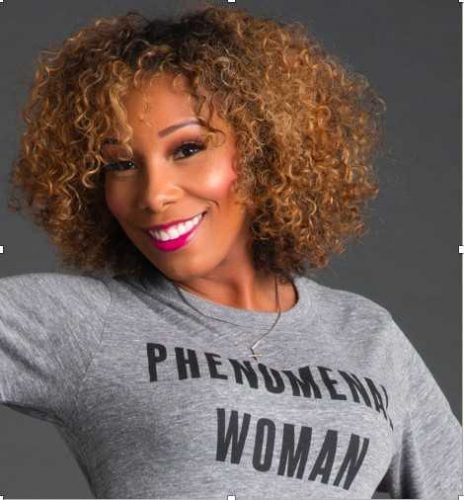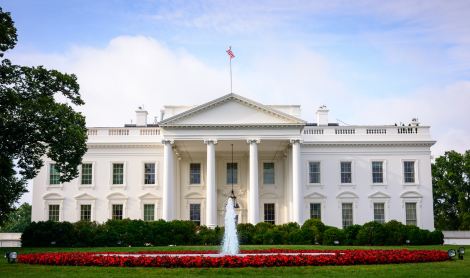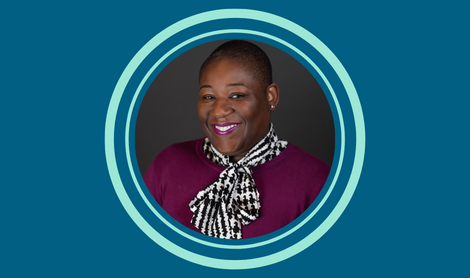Below is commentary from Kelli R. Peterson, Ed.D, written after attending NACSA’s recent workshop, “Beyond Buzzwords.”
__
In the world of education (and the charter sector in particular), we often do this thing called “eduspeak” – where we use as many abbreviations and the hottest buzzwords as possible.
After attending NACSA’s Equity and Access workshop in February, and spending a day and a half in deep conversation with authorizers from across the country, I have a heightened awareness for the miseducation of equity that is often perpetuated through this eduspeak language.
It is my personal belief that most educators truly believe in the concepts of diversity, inclusion, and equity as they relate to education for all kids. While I believe that our hearts are in the right place, our definitions are often not- due to that pervasive eduspeak.
Case in point: How many times have you evaluated diversity, inclusion, and equity with the following metrics?
Diversity
☐ Yes. There is racial and ethnic variation in the classroom/school.
☐ No. There is a monolithic racial and ethnic majority in the classroom/school.
Inclusion
☐ Yes. Students with disabilities are included within the general population classroom.
☐ No. Students are not being served in the least restrictive environment (LRE).
Equity
☐ Yes. All students have equal access to the education being offered by the school.
☐ No. There are barriers to equally accessing the education being offered by the school.
Here is a conversation between diversity, inclusion, and equity from the book Despite the Best Intentions by Amanda E. Lewis and John B. Diamond. What changes?
DIVERSITY
- Who is in the room?
⟶
EQUITY
- Who is trying to be in the room but can’t?
- Whose presence in the room is under constant threat of erasure?
INCLUSION
- Has everyone’s ideas been heard?
⟶
EQUITY
- Whose ideas won’t be taken as seriously because they aren’t the majority?
This visual helps to show that diversity and inclusion can be considered compliance items; a check mark of either you have it or you don’t. Equity, on the other hand, requires a systematic shift in mind set and a deep analysis of institutionalized practices. If we are only concerned about a variation of ethnicities and races being in the room and if a teacher is using Popsicle sticks to call on every student so that their voice is heard, we are failing our students to ensure that equity is achieved.
Equity requires us to examine the policies and practices of admission to determine who is trying to get in the classroom but can’t because the mandatory parent meeting is at 11:00 a.m. on Tuesday. Equity pushes us to address the lack of teachers of color in high-performing schools and the silent message it sends that “your kind” isn’t welcome. Equity demands that we train our governing boards to openly hear the feedback of the parent member to understand that she too has a valuable perspective.
Yes. I just made the job of the authorizer that much more comprehensive and I could continue to list other ways in which equity should drive our work. However, as charter school authorizers, I challenge us to move away from binary compliance and into the realm of deeper analysis to ensure that equity is embedded within the practices, policies, and systems of schools and our organizations as a whole. Equity cannot be a solitary priority. Equity is achieved only when it is embedded within each and every priority.
Now do you see why diversity + inclusion ≠ equity?
Kelli R. Peterson, Ed.D, joined the Orleans Parish School Board as its inaugural Executive Director of Equity Initiatives in 2017. In this role, Dr. Peterson leads a team to ensure that the city’s most vulnerable young people are provided with equitable resources, opportunities and access to high-quality educational options without barriers. This work is executed by incorporating equity in systems and practices, alongside the development of organizational partnerships to provide direct services to students and families. Previously, she served as an authorizer in DeKalb County, Georgia.



